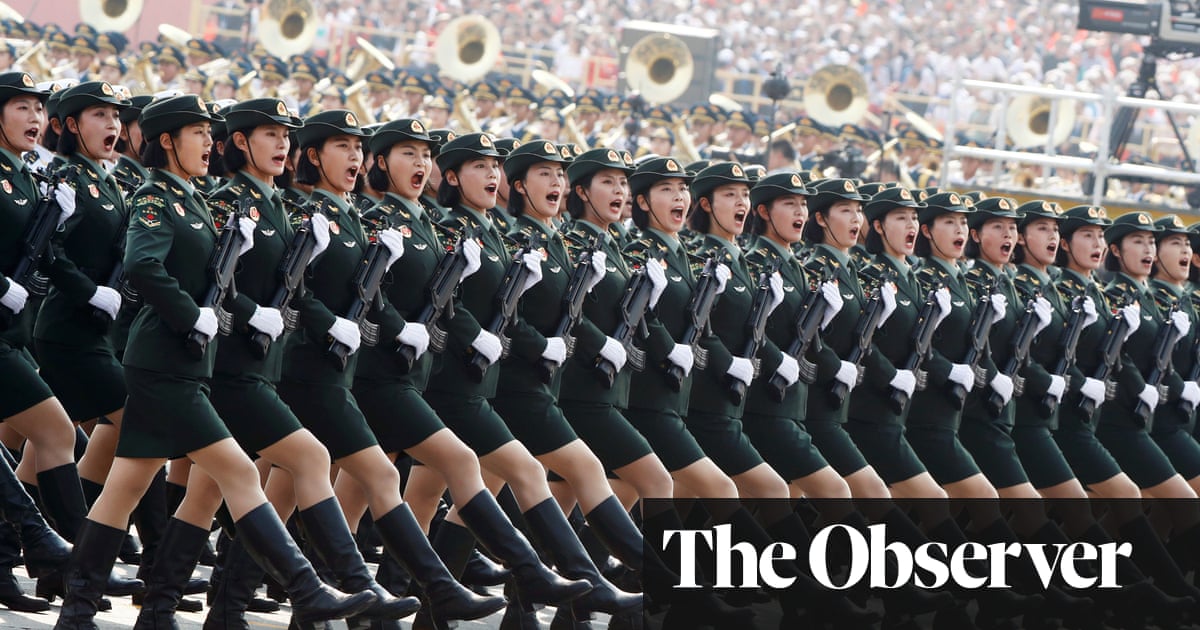Can history teach us anything about the future of war – and peace? | Society | The Guardian Ten years ago, the psychologist Steven Pinker published The Better Angels of Our Nature, in which he argued that violence in almost all its forms - including war - was declining. The book was ecstatically received in many quarters, but then came the backlash, which shows no signs of abating. In September, 17 historians published a riposte to Pinker, suitably entitled The Darker Angels of Our Nature, in which they attacked his "fake history" to "debunk the myth of non-violent modernity". Some may see this as a storm in an intellectual teacup, but the central question - can we learn anything about the future of warfare from the ancient past? - remains an important one. Pinker thought we could and he supported his claim of a long decline with data stretching thousands of years back into prehistory. But among his critics are those who say that warfare between modern nation states, which are only a few hundred years old, has nothing in common with conflict before that time, and therefore it's too soon to say if the supposed "long peace" we've been enjoying since the end of the second world war is a blip or a sustained trend. In 2018, for example, computer scientist Aaron Clauset of the University of Colorado Boulder crunched data on wars fought between 1823 and 2003 and concluded that we'd have to wait at least another century to find out. Clauset doesn't think it would help to add older data into the mix; indeed, he thinks it would muddy the picture.
Ten years ago, the psychologist Steven Pinker published The Better Angels of Our Nature, in which he argued that violence in almost all its forms - including war - was declining. The book was ecstatically received in many quarters, but then came the backlash, which shows no signs of abating. In September, 17 historians published a riposte to Pinker, suitably entitled The Darker Angels of Our Nature, in which they attacked his "fake history" to "debunk the myth of non-violent modernity". Some may see this as a storm in an intellectual teacup, but the central question - can we learn anything about the future of warfare from the ancient past? - remains an important one. Pinker thought we could and he supported his claim of a long decline with data stretching thousands of years back into prehistory. But among his critics are those who say that warfare between modern nation states, which are only a few hundred years old, has nothing in common with conflict before that time, and therefore it's too soon to say if the supposed "long peace" we've been enjoying since the end of the second world war is a blip or a sustained trend. In 2018, for example, computer scientist Aaron Clauset of the University of Colorado Boulder crunched data on wars fought between 1823 and 2003 and concluded that we'd have to wait at least another century to find out. Clauset doesn't think it would help to add older data into the mix; indeed, he thinks it would muddy the picture.
Continued here